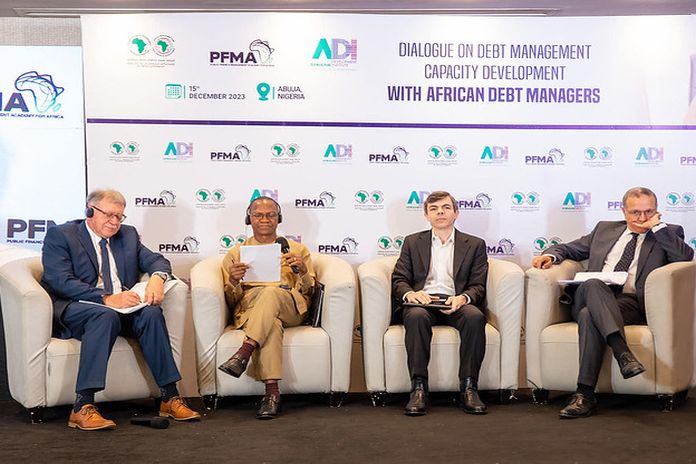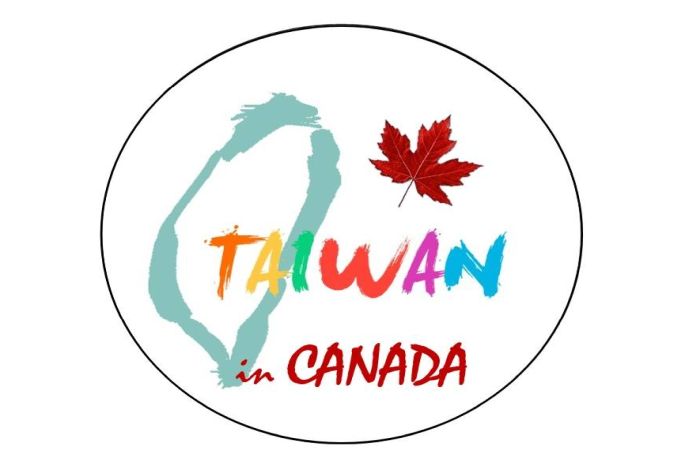AFRICA – The African Development Bank Group is facilitating the establishment of the African Debt Managers Initiative Network (ADMIN), which will bring together experts to find home-grown solutions to the continent’s debt challenges.
Eric Ogunleye, acting director and division manager for policy management at the African Development Bank’s African Development Institute, told debt managers from across Africa that the network would facilitate capacity development for institutions and practitioners on the continent, in particular, reorienting them towards responsible borrowing and transparent debt management.
He spoke at a meeting in Abuja last Thursday to advance the formation of the network.
“The ADMIN will help identify and raise awareness of common areas for policy dialogue and capacity building for debt management and sustainability in the African Development Bank’s regional member countries and facilitate interventions by the bank and other institutions working on public debt management issues in Africa,” Ogunleye said.
Debt vulnerability and distress are rising in Africa, requiring concerted efforts to address and reverse the trend. According to official figures, before the COVID-19 pandemic, Africa’s debt burden had increased rapidly, with debt service payments averaging about 18 percent of total government revenues.
One of the factors driving debt accumulation across Africa over the past decade has been the shift by countries towards costly commercial debt. This shift has been associated with less transparent loan terms compounded by debt collateralisation, domestic arrears accumulation, and increasing contingent liabilities from state-owned enterprises and public-private partnerships.
As part of a continental effort to address the challenges, the African Development Bank has developed strategic instruments to guide debt management in Africa. These include launching a Public Finance Management Academy for Africa (PFMA), which is deepening partnerships with the International Monetary Fund, the World Bank, and other global and regional public finance management institutions in Africa.
The bank also identified weak governance, inefficient and large public investment programmes, and rising defence spending as causes of debt accumulation. In some cases, countries had “hidden debt” obligations that were not on the public books.
Ogunleye said the African Debt Managers Initiative Network will seek partnership and collaboration with development partners engaged in debt sustainability and public financial management. It will mobilise innovative debt financing, design and implement sound debt management administration and reporting systems, and conduct debt sustainability and risk assessments.
Nigeria’s debt management office director general, Patience Oniha, said an African debt managers’ network is important because African countries have many debt similarities, adding that it allows practitioners to share common challenges, explore opportunities, learn from each other, and advance public debt and financial management.
“The African Development Bank is taking things several steps further through an institutional structure like the African Debt Managers Initiative Network. The network brings us together and exposes us to more knowledge, skills, and partnerships,” Oniha stressed.
Debt sustainability across Africa at critical levels
Debt sustainability has reached critical levels in several African countries due to increasing public expenditure pressures on debt accumulation.
According to the African Development Outlook 2022, 23 African countries reached a high risk of debt distress at the end of February 2022 (16 at high risk and seven already in distress). Of the nine low-income countries (LICs) in debt distress globally, eight were in Africa; at the same time, of the 27 LICs at high risk of debt distress globally, 13 were in Africa; and of the 26 LICs at moderate risk of debt distress globally, 17 were in Africa.
This is despite the international financial community’s Debt Service Suspension Initiative (DSSI), the Common Framework, and the IMF’s general allocation of $650 billion equivalent of Special Drawing Rights (SDRs) on 23 August 2021. The impact of the COVID-19 pandemic is eroding the safety margins, exacerbated by the Russia-Ukraine crisis, leading to increased spending amid revenue shortfalls. This trend could completely deplete the remaining fragile fiscal buffers if left unchecked.








[…] post African Development Bank champions home-grown solutions to Africa’s debt challenges appeared first on Caribbean News […]